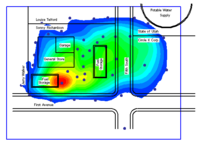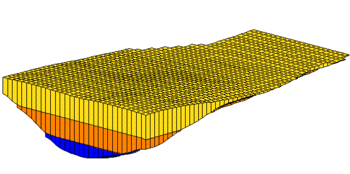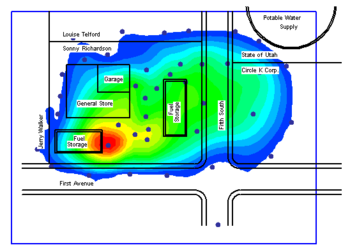GMS:2D Scatter Point Module: Difference between revisions
From XMS Wiki
Jump to navigationJump to search
No edit summary |
No edit summary |
||
| Line 10: | Line 10: | ||
|} | |} | ||
A number of tools are included for creating and manipulating 2D scatter point sets. In general, 2D scatter sets are imported using the [[GMS:File Import Wizard|''File Import Wizard'']]. | A number of tools are included for creating and manipulating 2D scatter point sets. In general, 2D scatter sets are imported using the [[GMS:File Import Wizard|''File Import Wizard'']]. 2D scatter sets can also be created from other objects such as GIS objects, feature objects, meshes, grids, TINS, etc. | ||
{{Navbox GMS}} | {{Navbox GMS}} | ||


